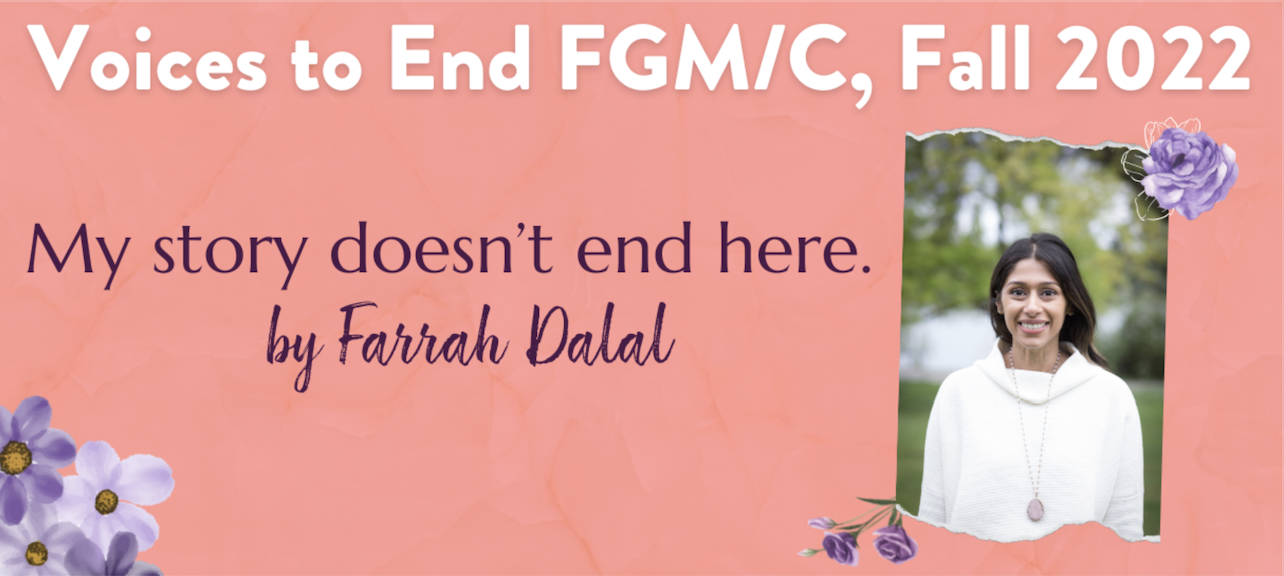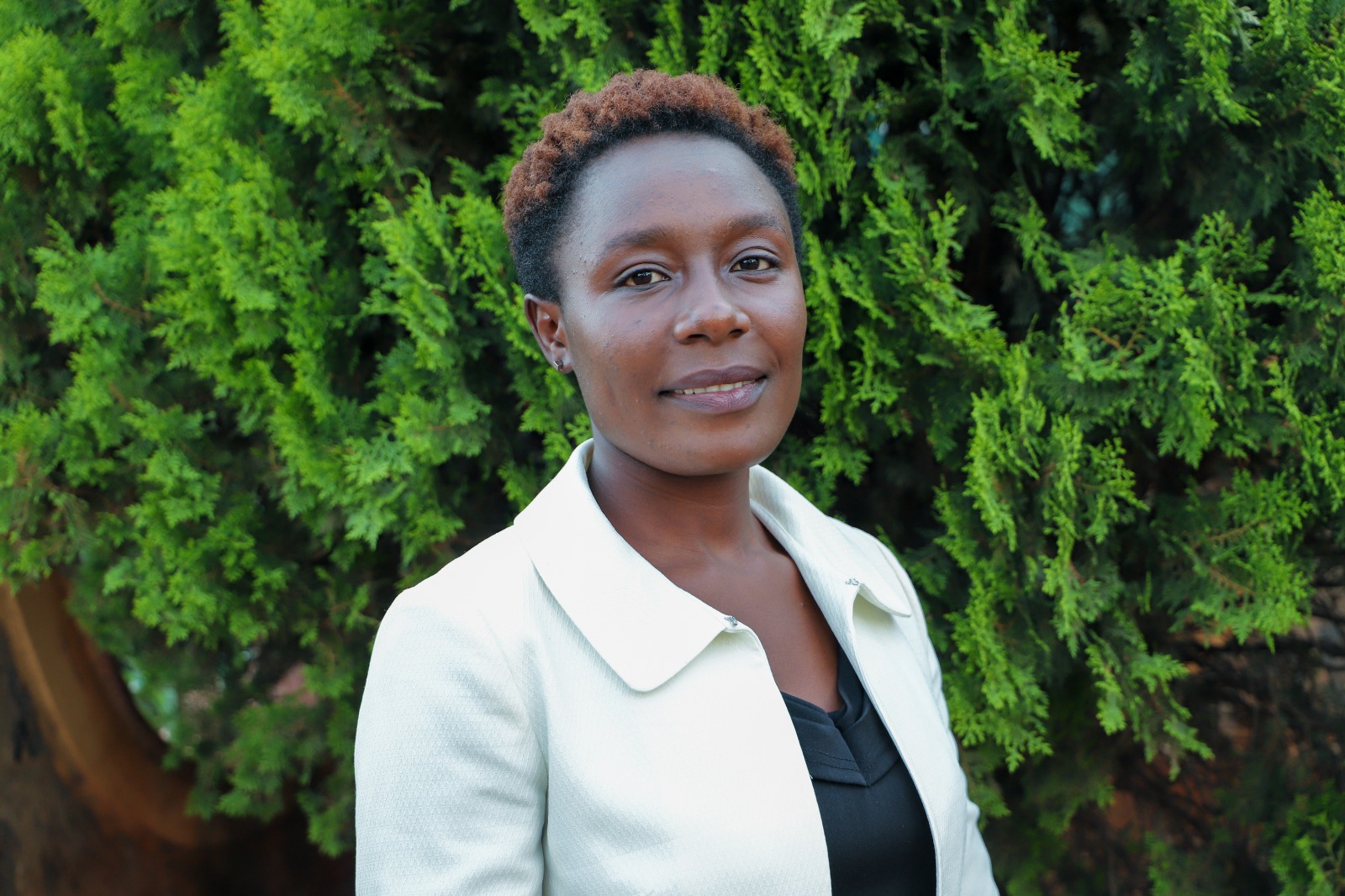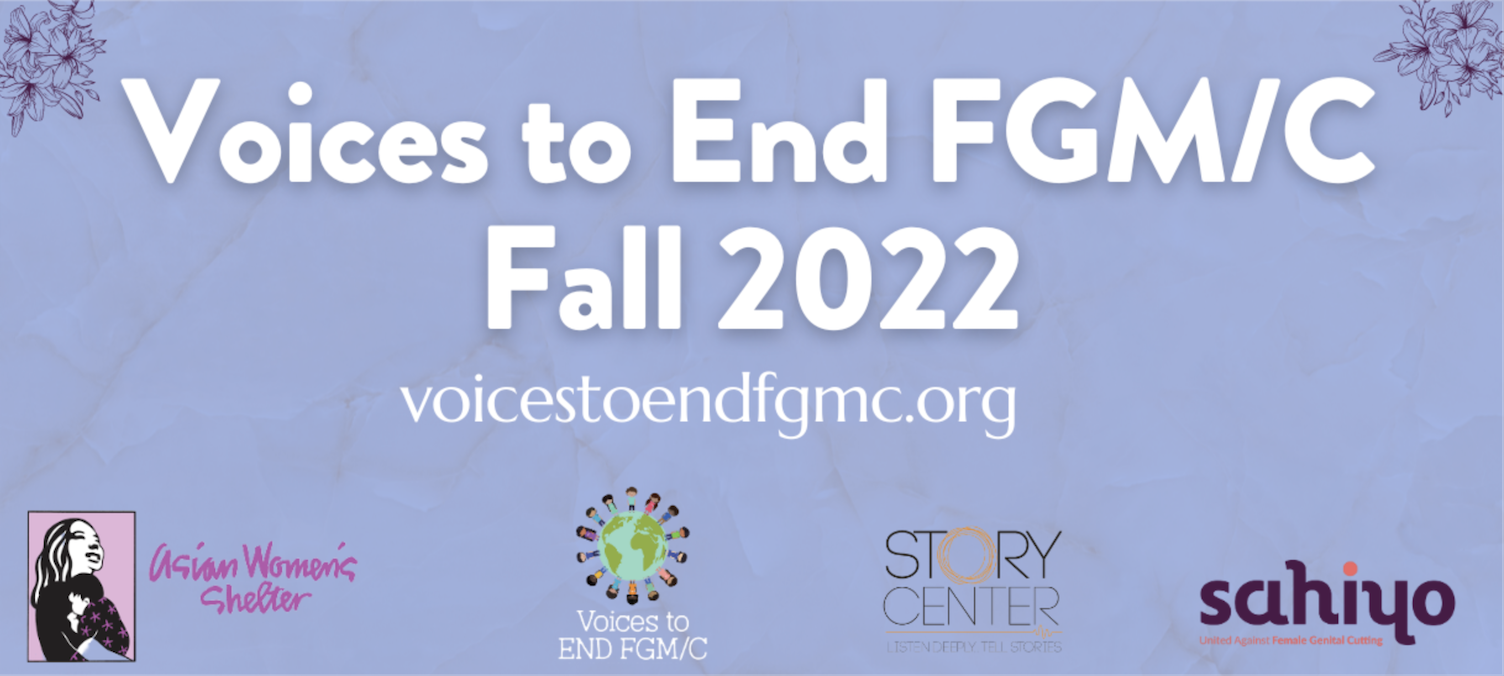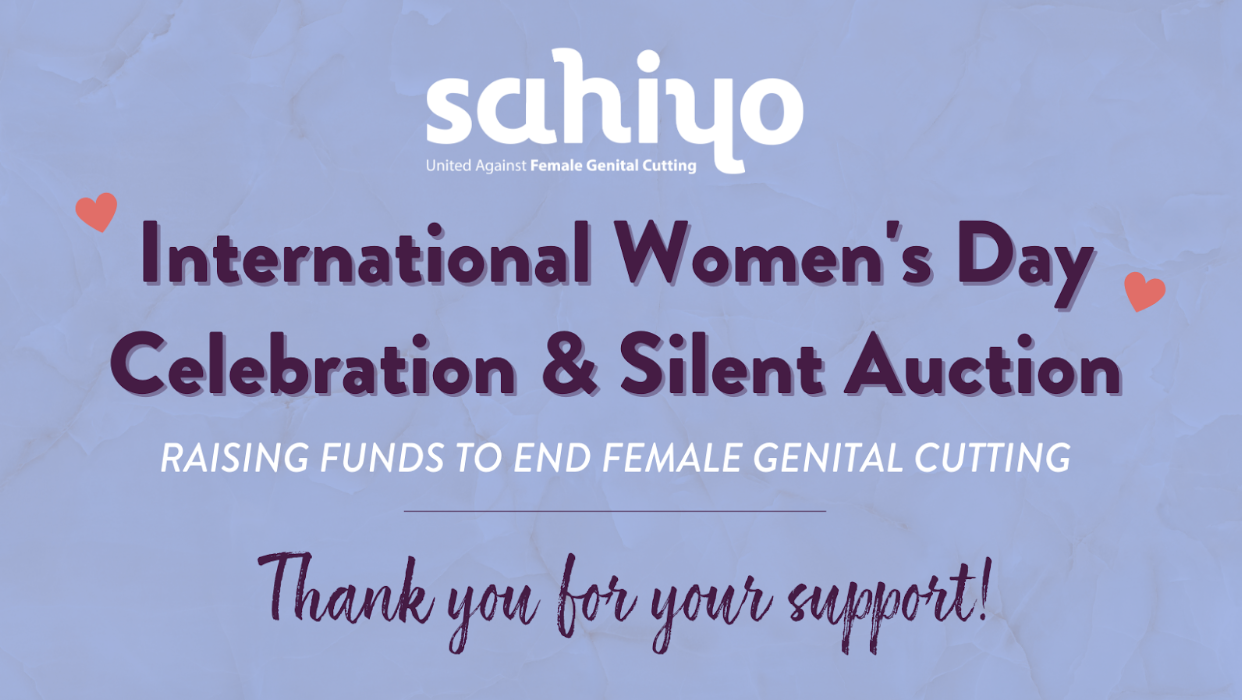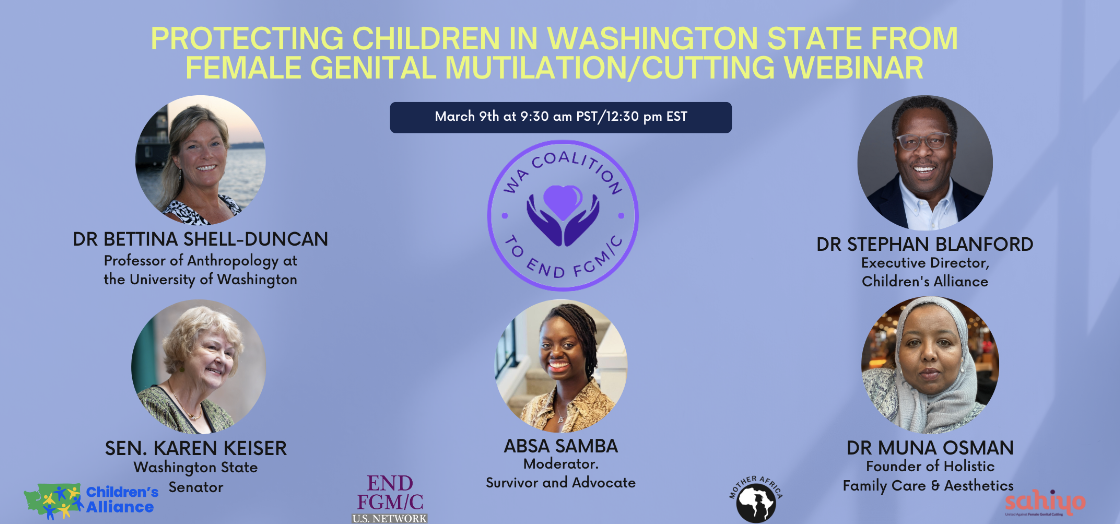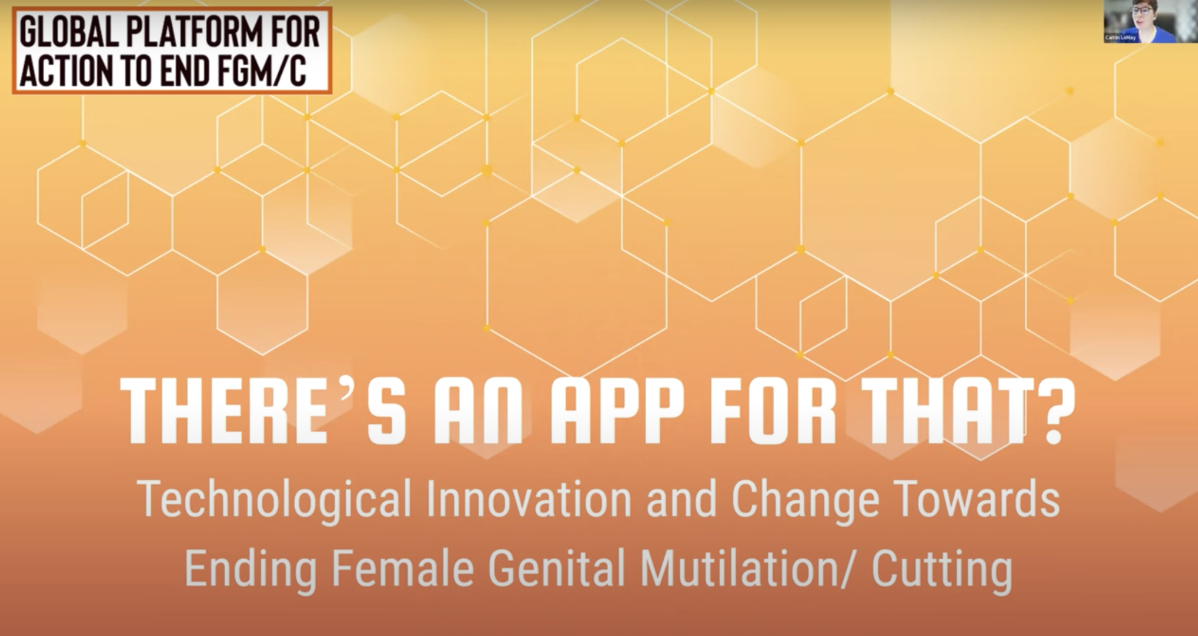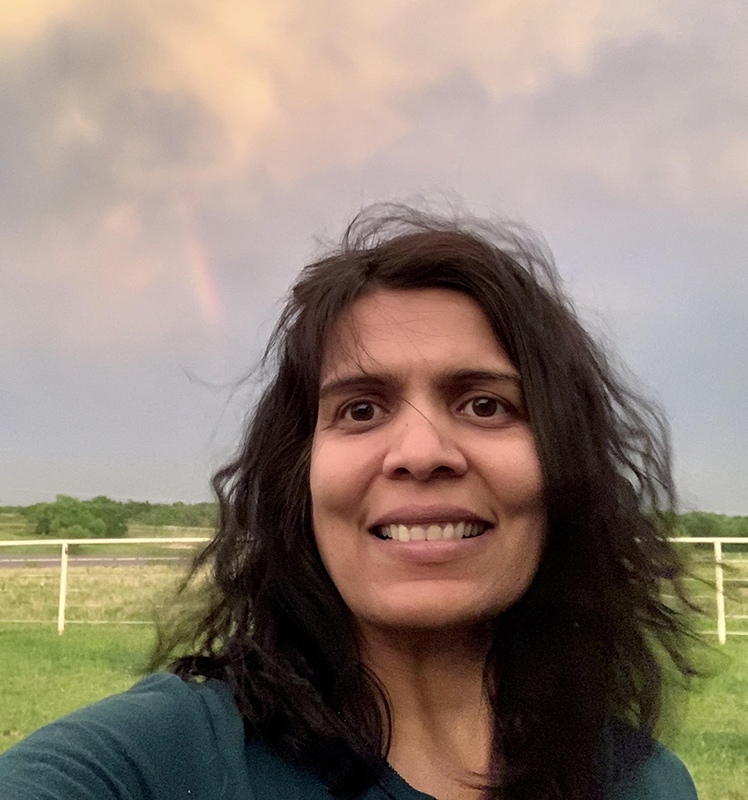By Farrah Dalal
I could speak to a multitude of ways in which female genital mutilation/cutting (FGM/C) has impacted my life and experiences. However, I choose to focus my first attempt at storytelling on my college years, rather than the actual physical trauma I endured. Here’s why:
Many of us are cut as young children.
We feel pain, we are pacified, we heal physically, and we continue being children. We may feel upset or betrayed, if we even remember, but we are far from understanding the significance of what has occurred. It isn’t until our teen or young adult years when we encounter a trigger, or new knowledge, when we can begin to wrap our heads around what this means for us. For me, this was a crisis that began and lasted throughout my college experience.
College/young adulthood is a significant developmental time for everyone.
I landed myself in a place where I was no longer a minority, and was surrounded by like-minded people. I had earned a place among the best and brightest, but instead, found myself experiencing the worst case of imposter syndrome; I felt the most isolated I had ever been. What should have been an exciting time of exploration and discovery, was ruined…by me. For the first time, I could process what had happened to me in an environment away from home – the unfairness of it, the irreversibility of it, the lack of accountability for it – and this planted a deep-seeded rage that I wrestled with daily.
I lost important time and opportunities that I wish I could get back.
FGM/C persists and permeates long after the act is done. It left me questioning my entire upbringing and the role of all of the people in it who had led me to this darkness. I shared my story with doctors and educators with the hope that someone would provide me with an answer of what to do next. However, at that time, no one knew what to do or say to help me.
Being so affected by this experience is what led me to student affairs work and graduate studies in college student development. I hope to impart what I’ve learned along the way to anyone struggling, and am always looking for opportunities to be a part of the larger conversation. I’m so grateful for Sahiyo, and for the Voices to End FGM/C project for providing me with the platform to bring this story out of the darkness. Nearly two decades later, I am still healing and working on growing around my grief. Now, I think about who I want to be because this happened to me. I hope to break the cycle of trauma by redefining what it means to be a woman in my role as a wife, mother, and activist; I can continue contributing to a growing body of voices that will put an end to this practice in my daughter’s lifetime.
Farrah Dalal M.Ed has worked in various university settings all over the country. After receiving a BA in Sociology from the University of California Los Angeles (UCLA), her interest in public service and education led her to pursue a graduate degree in Postsecondary Administration and Student Affairs from the University of Southern California (USC). She currently resides in the St. Louis area with her young family, working part-time as an admissions reader for major universities.
Disclaimer
This blog was produced by Sahiyo under 15POVC-21-GG-00988-NONF, awarded by the Office for Victims of Crime, Office of Justice Programs, U.S. Department of Justice. The opinions, findings, and conclusions or recommendations expressed in this guide are those of the contributors and do not necessarily represent the official position or policies of the U.S. Department of Justice.

